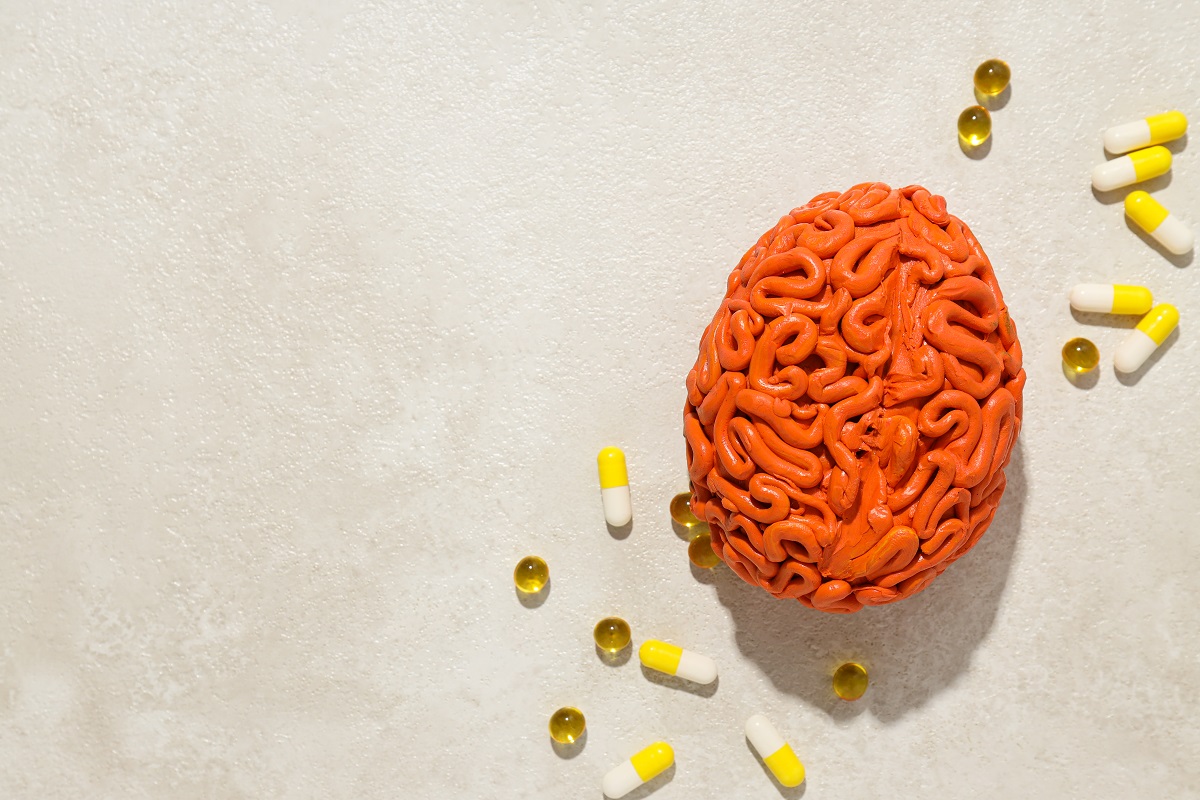
Cognitive Resilience: How to Boost Brain Health as You Age
As we age, the brain undergoes changes that can affect memory, cognition, and overall brain health. However, science shows that cognitive resilience—the brain’s ability to resist decline—can be enhanced through various lifestyle changes. Focusing on habits that promote brain health can help you stay mentally sharp and resilient over time.
Diet & Nutrition: Feeding Your Brain
A well-balanced diet plays a critical role in cognitive resilience. Omega-3 fatty acids found in fish, such as salmon and sardines, are known to protect neurons, improve communication between brain cells, and reduce inflammation. Antioxidant-rich foods like berries, leafy greens, and nuts combat oxidative stress, which can lead to cognitive decline. For a brain boost, also consider incorporating turmeric into your diet; curcumin, the active compound in turmeric, has been shown to improve mood and memory by reducing neuroinflammation.
Even mild dehydration can impair attention, long-term memory, and other cognitive skills.
Hydration is also essential for maintaining cognitive function. Even mild dehydration can impair attention, long-term memory, and other cognitive skills. Make sure to drink plenty of water throughout the day, and consider limiting alcohol and caffeine intake, as both can dehydrate the body and negatively impact sleep.
Physical Exercise: Strengthening Mind-Body Connections
Exercise isn’t just good for the body; it’s crucial for the brain. Aerobic exercises like walking, swimming, and cycling increase blood flow to the brain, promoting the growth of new neurons—a process called neurogenesis. Regular physical activity can also improve memory, reduce anxiety, and enhance executive functions like problem-solving and decision-making. Strength training, in particular, helps maintain muscle mass and balance, which can prevent falls and other injuries that might impair cognitive health.
Additionally, exercise has been shown to increase the production of brain-derived neurotrophic factor (BDNF), a protein that supports neuron survival and promotes the formation of new connections. BDNF plays a key role in memory and learning, making exercise a powerful tool for long-term cognitive resilience.
Mental Stimulation: Keeping Your Brain Active
Engaging your brain in challenging activities is another way to build cognitive resilience. Studies suggest that mentally stimulating tasks such as reading, playing chess, or learning a new language help maintain brain plasticity, which allows your brain to adapt and change over time. Mental stimulation also encourages the formation of new neural pathways, enhancing memory and cognitive function.

Even something as simple as switching up daily routines can have a positive effect. Learning new hobbies, trying out different routes when driving, or engaging in creative activities can activate different areas of the brain, keeping it nimble and responsive.
Nootropics: Unlocking Cognitive Potential
Nootropics, sometimes called “smart drugs” or cognitive enhancers, have gained attention for their potential to boost brain function. These supplements can improve various aspects of cognitive performance, including memory, focus, and mental clarity. Natural nootropics like ginkgo biloba, lion’s mane mushroom, and bacopa monnieri are widely studied for their neuroprotective properties.
Ginkgo biloba, for example, is thought to improve blood circulation in the brain, while lion’s mane mushroom has been shown to stimulate the growth of nerve cells. Bacopa monnieri, traditionally used in Ayurvedic medicine, is known for its potential to enhance memory and reduce anxiety. While research on nootropics is still evolving, many users report significant improvements in mental agility and cognitive performance.
The Power of Sleep and Stress Management
Adequate sleep and stress management are crucial components of cognitive resilience. During sleep, the brain consolidates memories and flushes out toxins that accumulate during waking hours. Sleep deprivation not only affects memory and cognitive function but also accelerates brain aging. Aim for 7-9 hours of quality sleep per night, and practice good sleep hygiene by avoiding screens before bedtime and creating a calming bedtime routine.

Stress, on the other hand, releases cortisol—a hormone that can damage brain cells, particularly in areas related to memory and learning. Mindfulness practices such as meditation, deep breathing exercises, and yoga have been shown to reduce cortisol levels and improve cognitive function. Prioritizing relaxation techniques can help protect your brain from the long-term effects of stress.
Social Connection: Strengthening Cognitive Resilience
Lastly, social engagement is key to maintaining brain health. Interacting with friends, family, and community members can stimulate mental faculties, promote emotional well-being, and reduce the risk of cognitive decline. Studies have shown that social isolation increases the risk of dementia, while meaningful social connections improve mental health and longevity.
Whether it’s participating in group activities, volunteering, or simply catching up with friends, staying socially connected can significantly improve your cognitive resilience as you age.
Conclusion: Building a Brain-Healthy Lifestyle
Cognitive resilience is within reach for anyone willing to invest in brain health. Through a combination of proper nutrition, regular exercise, mental stimulation, and effective stress management, you can maintain and even enhance cognitive function as you age. Nootropics and other supplements can provide additional support, but the foundation lies in daily habits that nourish both the body and the mind.
By incorporating these strategies into your life, you’re not only protecting your brain but also setting the stage for a more vibrant and mentally sharp future.



